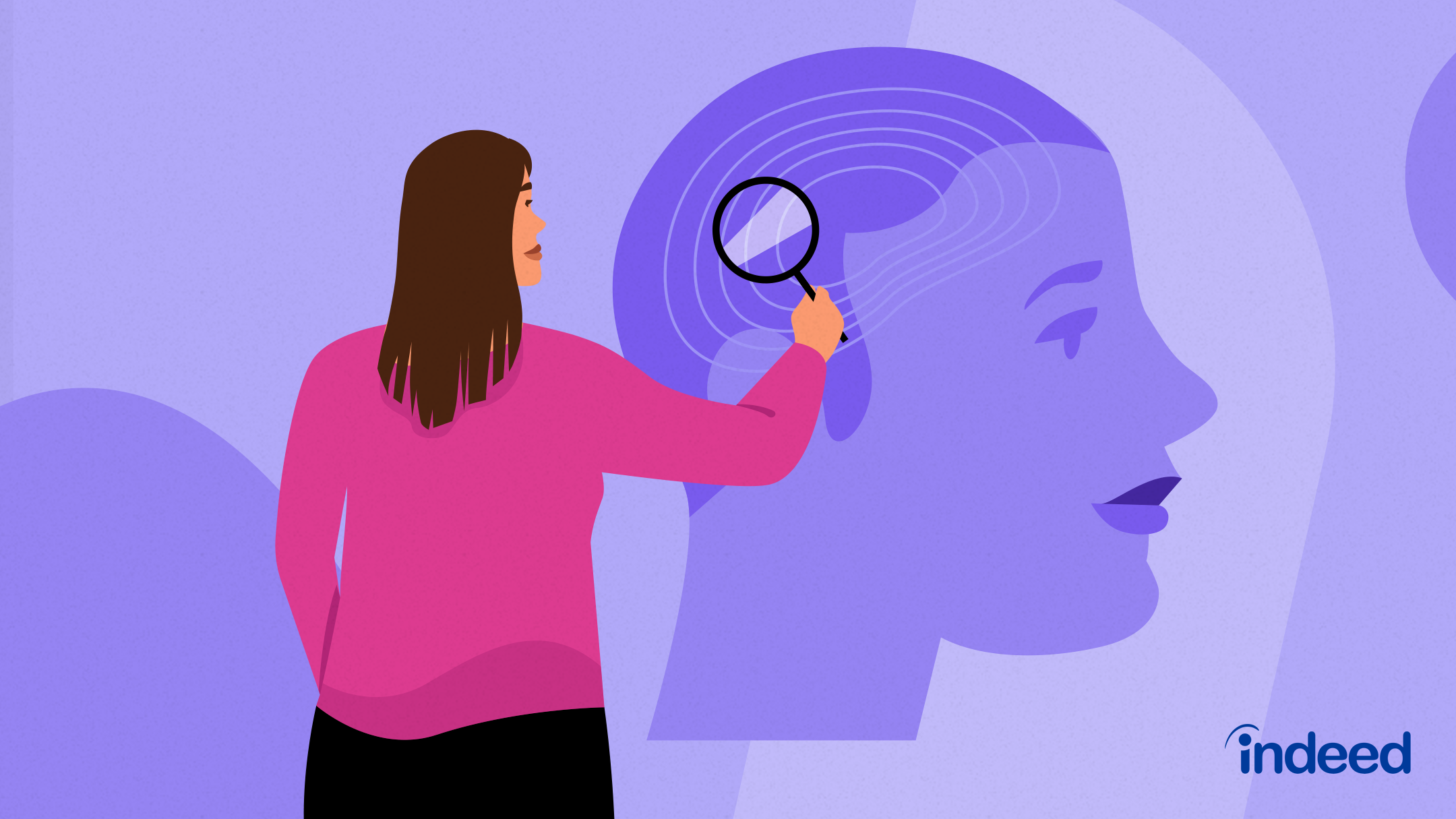Dedicated Psychologist Kew Services to Help You Overcome Obstacles
Dedicated Psychologist Kew Services to Help You Overcome Obstacles
Blog Article
Scientific Psychologists Vs Psychiatrists: Trick Differences You Ought To Know
The distinction in between scientific psycho therapists and psychoanalysts is essential for individuals looking for mental healthcare, as each professional deals special expertise formed by their academic histories and treatment methodologies. While scientific psychologists focus primarily on psychotherapy to attend to emotional and emotional worries, psychiatrists, as clinical physicians, bring a pharmacological viewpoint to treatment, commonly intertwining medicine with restorative practices. This distinction elevates vital concerns concerning which specialist might be ideal fit for various psychological health and wellness requirements. As we check out these crucial distinctions additionally, the implications for therapy options end up being significantly considerable.
Educational History
Many individuals looking for psychological wellness services might ask yourself concerning the differences in academic backgrounds between clinical psycho therapists and psychiatrists. The distinctions are considerable and essential for understanding the roles each specialist plays in mental health and wellness treatment.
Scientific psycho therapists generally hold a postgraduate degree in psychology (Ph.D. or Psy.D.), which requires extensive training in mental concepts, research techniques, and professional method. Their education includes a minimum of five years of graduate research, including both coursework and supervised professional experience. In addition, clinical psychologists are required to acquire and finish a pre-doctoral teaching fellowship licensure, which involves passing a national assessment.
On the other hand, psychiatrists are medical doctors (M.D. or D.O.) that complete a four-year clinical degree complied with by a residency in psychiatry, which lasts an extra four years. Their medical training outfits them to understand the organic facets of mental illness, enabling them to recommend drugs and offer a clinical point of view on treatment.
These differing instructional courses highlight the special knowledge each specialist gives the field, forming their approaches to person, diagnosis, and therapy care. Recognizing these distinctions is critical for individuals navigating the mental health and wellness system.
Treatment Approaches
Diverse therapy methods characterize the practices of medical psycho therapists and psychiatrists, reflecting their distinct training and locations of competence. Clinical psycho therapists mostly use psychiatric therapy, utilizing techniques such as cognitive-behavioral therapy (CBT), dialectical habits therapy (DBT), and psychodynamic treatment. Their focus is on mental and emotional analysis, intervention, and the development of dealing methods to deal with different mental health problems. They may collaborate with people, pairs, or teams, customizing their restorative techniques to the particular demands of their customers.

Both professionals may work together in therapy strategies, making sure thorough treatment that deals with the intricacies of mental health and wellness. Ultimately, the choice Recommended Reading of therapy method may rely on the nature of the condition, the preferences of the patient, and the specific experience of the clinician included.
Function in Mental Health And Wellness Care

On the other hand, psychoanalysts are medical physicians that concentrate on the medical diagnosis and treatment of psychological wellness problems, usually utilizing a biomedical method. They can suggest helpful hints drugs to manage psychological symptoms and are educated to consider the physical facets of psychological health and wellness, such as neurobiology and pharmacology. This clinical viewpoint allows psychoanalysts to attend to complicated cases that may call for a combination of drug monitoring and psychiatric therapy.
Together, scientific psychologists and psychoanalysts produce a comprehensive psychological healthcare structure, dealing with both mental and medical requirements. Cooperation in between these experts makes certain that patients obtain all natural care, inevitably improving therapy outcomes and improving the lifestyle for people experiencing mental health obstacles.
Kinds of Problems Treated
While both professional psychologists and psychoanalysts address a vast array of mental health and wellness problems, their approaches and locations of knowledge often determine the particular conditions they deal with. Clinical psycho therapists mainly focus on the assessment and treatment of emotional, behavior, and cognitive conditions with psychotherapy.
On the other hand, psychiatrists are clinical physicians that can suggest medicines and have specialized training in the organic aspects of mental health and wellness. They usually handle a lot more complicated psychiatric problems that may need medicinal treatment, such as schizophrenia, bipolar illness, serious anxiety, and material use disorders. Psychoanalysts may integrate medicine administration with psychotherapy however usually concentrate on the biochemical and medical parts of mental health issues.
Understanding these distinctions can assist people seek the appropriate treatment customized to their particular psychological health and wellness requirements, ensuring they receive the most effective therapy for their conditions. elementa psychologists kew.
Insurance Coverage and Expense Considerations
Browsing insurance and expense factors to consider is a vital aspect for individuals seeking psychological wellness services from scientific psycho therapists or psychoanalysts. Both occupations might accept different insurance coverage plans, yet the level of coverage can differ significantly. Psychoanalysts, that typically recommend drug, may have different invoicing methods contrasted to professional psycho therapists, that commonly focus on psychotherapy.
Insurance repayment for psychological services could be more beneficial as a result of the browse around this site medical nature of their technique. Subsequently, individuals might encounter greater deductibles or co-pays when consulting a psychoanalyst. On the other hand, medical psycho therapists may provide solutions billed under psychological health benefits, which could lead to lower out-of-pocket prices, depending on the insurance firm's policy.
Moreover, individuals ought to consider the frequency and period of therapy sessions when evaluating expenses. While psychiatrists might provide much shorter, medication-focused gos to, scientific psychologists commonly participate in longer sessions committed to restorative methods.
Eventually, comprehending the certain regards to one's insurance coverage plan, including network accessibility, protection limitations, and pre-authorization needs, is necessary. Patients are urged to contact their insurance coverage copyright to clarify benefits and explore choices for cost effective psychological health and wellness care.
Final Thought
In recap, the differences between scientific psycho therapists and psychiatrists are critical for notified choices pertaining to mental wellness care - elementa psychologists kew. Educational history, treatment strategies, and roles in psychological health and wellness considerably differ between the 2 professions.
The difference in between clinical psycho therapists and psychoanalysts is essential for individuals seeking mental health care, as each professional deals one-of-a-kind expertise formed by their educational backgrounds and treatment approaches.The functions of professional psycho therapists and psychiatrists in psychological health treatment are corresponding, showing their unique training and experience.While both scientific psycho therapists and psychiatrists attend to a vast variety of mental health conditions, their techniques and locations of competence typically determine the certain problems they deal with.Browsing insurance and cost factors to consider is a crucial element for people looking for psychological health services from clinical psycho therapists or psychiatrists.In recap, the differences in between scientific psycho therapists and psychiatrists are critical for educated choices concerning mental health and wellness care.
Report this page